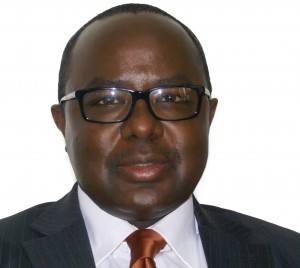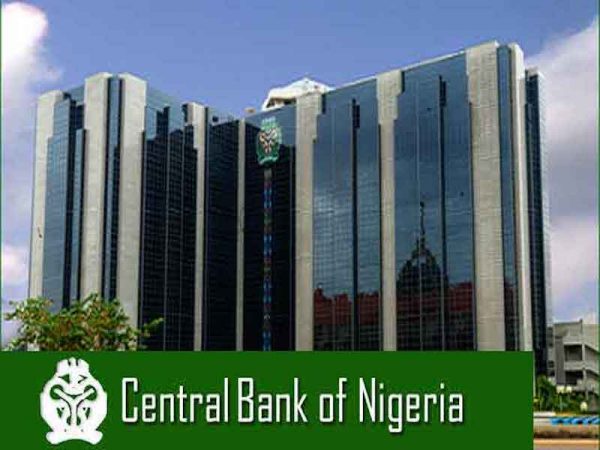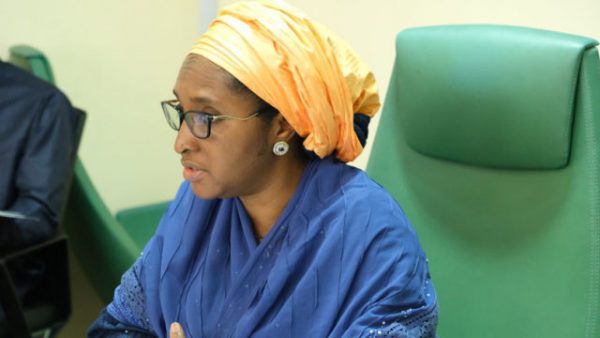SEC Explains Market Trade Groups Empowerment

The acting Director General of the Securities and Exchange Commission (SEC), Mounir Gwarzo has said empowering trade groups in the Nigerian capital market would enable the commission focus on its primary responsibilities of regulating and developing the market.
Gwaro, who stated this when members of the Association of Assets Custodians of Nigeria (AACON) visited him in Abuja, said one of the policy thrusts of the present management of the commission was the empowerment of trade groups for greater and more effective role performance in the market.
“As long as people come together to form groups, we will support them. That is why we have reviewed our complaints management framework to enable trade groups handle complaints and resolve them and that is better for the market. The management is working to empower Self-regulatory Organisations (SROs) and trade organisations to enable them handle some complaints cases and deal with them with dispatch as the strategy of the management is not to create committees but to focus on prescriptions and ensuring that they are executed within reasonable time frames,” he said.
According to him, SEC is leveraging on making it mandatory for every registered operator to belong to a trade group.
“Some may not want to do so but that is a way of strengthening the trade groups. We are going to come up with that directive, ” he said.
Gwarzo disclosed that one of the highlight of the new rules on complaints management framework will be to allow complaints to be managed at the lower levels.
He therefore urged the custodians to be ready for the responsibility to be able to manage complaints effectively.
In her remarks, President of the AACON, Kemi Adewole underlined the importance of creating conducive environment for foreign direct and portfolio investments with a view to deepening the Nigerian capital market.
Adewole commended SEC on its regulatory role, and assured that the association will continue to manage foreign investors’ impression of the Nigerian market.
“Our clients are about 90 per cent of foreign investors that come into the country, so we are the first port of call most times and we feel it is important we also keep abreast with what is happening around us and with the market,” she said.







